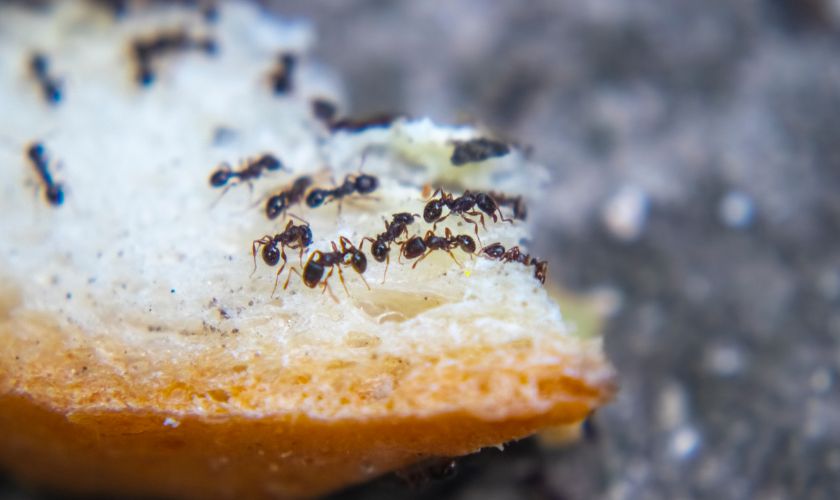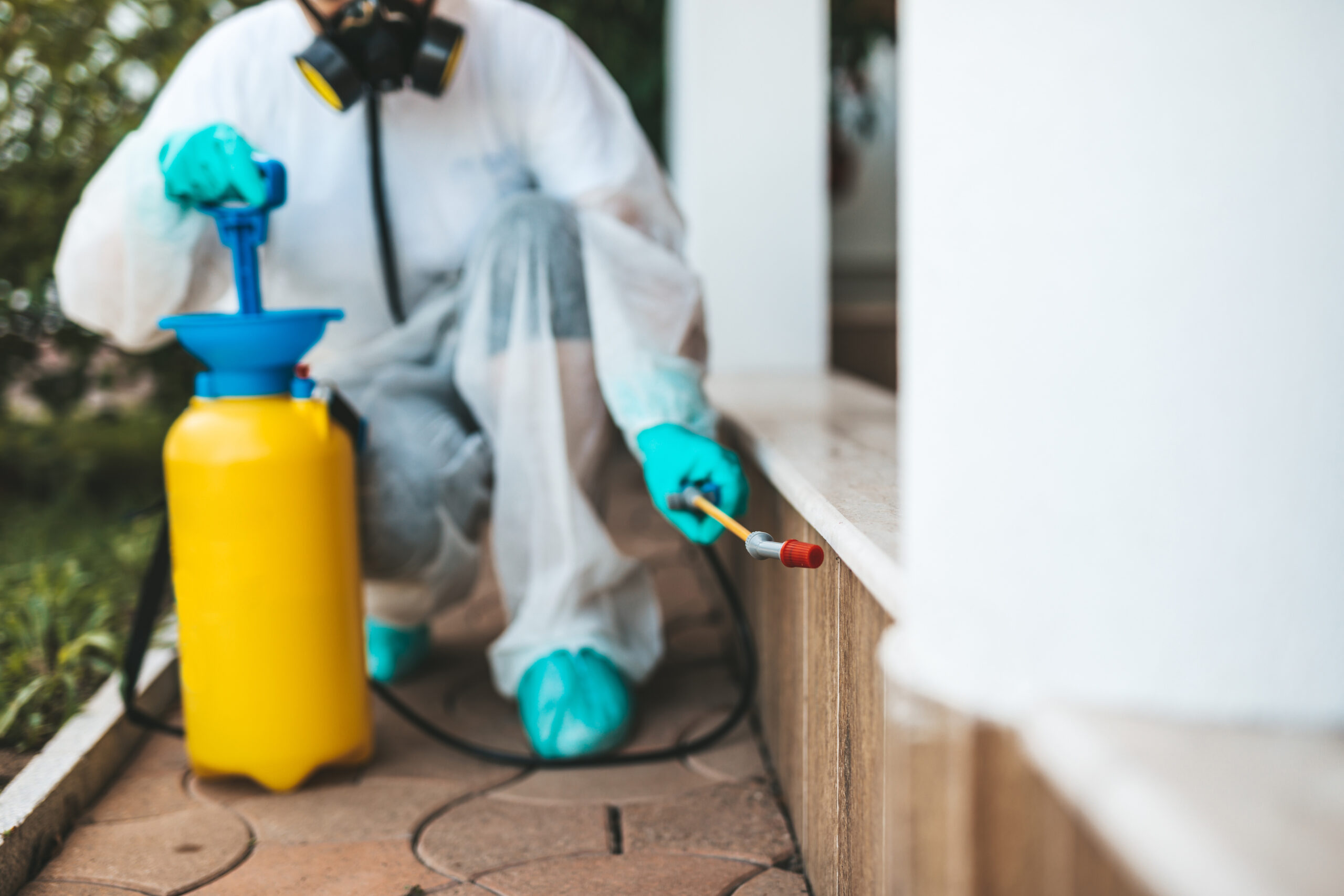Ecological Impact of Parasite Control: Harmonizing Effectiveness With Sustainability
The environmental influence of parasite control is a critical issue that calls for a delicate equilibrium in between achieving efficiency in making sure and taking care of parasites sustainability of our ecological communities. As we make every effort to protect our plants, homes, and health from the hazards postured by insects, the methods we utilize can accidentally harm the setting. From using harmful chemicals that leak right into our soil and water to the unplanned repercussions on non-target species, the effects of standard bug control techniques are far-ranging. There are emerging techniques that offer hope for a more lasting technique to pest monitoring. These services not just purpose to deal with the instant pest troubles but also think about the long-term health of our earth.
Dangerous Chemicals in Insect Control
The use of damaging chemicals in insect control presents significant ecological and wellness risks that call for mindful consideration and reduction strategies. Pesticides, herbicides, and pesticides are typically made use of to eradicate parasites, however their widespread application can cause unintended repercussions. These chemicals can infect soil, water sources, and the air, influencing not only the targeted pests yet additionally useful pests, wildlife, and people.

To address these threats, integrated parasite management (IPM) strategies are being advertised as a much more lasting alternative. IPM entails a mix of techniques such as biological control, habitat control, and the targeted usage of chemicals as a last resource (ant control waxhaw nc). By adopting an alternative strategy to pest control, we can decrease the ecological and wellness impacts associated with harmful chemicals while effectively handling pest populaces
Influence On Non-Target Species
Thinking about the unplanned repercussions of parasite control methods, the influence on non-target types is a vital facet that requires detailed assessment. While parasite control procedures intend to target details insects, various other organisms in the ecosystem may be inadvertently affected. Non-target species, consisting of useful pests, birds, mammals, and even plants, can endure straight or indirect harm from chemical applications or organic control methods.
Insecticides designed to battle a particular insect parasite may hurt pollinators like or natural killers such as ladybugs. Biological control representatives, if not species-specific, can position risks to unintentional targets, disrupting the eco-friendly balance.
To minimize the effect on non-target types, integrated pest monitoring (IPM) techniques that stress an alternative method to pest control are advised. These techniques prioritize using environmentally friendly techniques, minimizing injury to valuable microorganisms while properly handling pest populaces. Carrying out thorough threat assessments and monitoring the outcomes of bug control initiatives are necessary action in protecting non-target varieties and promoting overall environment wellness.
Soil and Water Contamination
Unexpected environmental repercussions of insect control techniques extend beyond influencing non-target species, with substantial implications for soil and water contamination - ant control. Chemicals, herbicides, and chemical plant foods made use of in bug control can seep right into the dirt and contaminate groundwater, posing a hazard to both terrestrial and marine environments.
Water contamination is another important issue associated with parasite control practices. To reduce soil and water contamination from parasite control activities, incorporated pest administration approaches that focus on sustainability and decrease chemical inputs are important.
Air Air Pollution From Pesticide Usage
Exposure to air-borne pesticides throughout farming applications presents a substantial concern for air contamination control measures. In addition, pesticide drift, where chemicals are lugged by the wind to unintentional locations, can lead to the contamination of close-by communities and water bodies.

Approaches for Sustainable Parasite Control
In the world of farming techniques, carrying out sustainable bug control methods is extremely important for preserving eco-friendly equilibrium and protecting crop returns. Sustainable pest control highlights making use of eco-friendly methods to take care of pest populations effectively while minimizing damage to non-target organisms and communities. Integrated Parasite Administration (IPM) is a commonly taken on strategy that incorporates organic, social, physical, and chemical control methods to accomplish lasting parasite monitoring services.
Plant turning and diversity are also effective methods to interfere with pest life cycles and create less beneficial problems for bugs to prosper. Ultimately, by incorporating these sustainable parasite control approaches, farmers can attain an equilibrium between pest administration performance and ecological stewardship.
Conclusion
To conclude, the ecological impact of bug control approaches need to be thoroughly taken into consideration to balance efficiency with sustainability. Dangerous chemicals used in parasite control can lead to dirt and water contamination, air contamination, and damage non-target types - ant control services. It is critical to apply lasting parasite control techniques to decrease these adverse impacts on the environment and promote a healthier community for future generations
By embracing a holistic technique to pest control, we can reduce the ecological and wellness influences associated with hazardous chemicals while effectively taking care of pest populaces.

To minimize the air contamination article source triggered by pesticide usage, it is necessary to adopt incorporated bug management approaches that focus on the use of non-chemical parasite control techniques, such as crop turning, all-natural killers, and immune plant varieties. Sustainable insect control stresses the use of environmentally pleasant methods to manage parasite populations properly while minimizing injury to non-target organisms and ecological communities. Integrated Pest Management (IPM) is a commonly embraced technique that integrates organic, cultural, physical, and chemical control techniques to attain lasting parasite administration services.